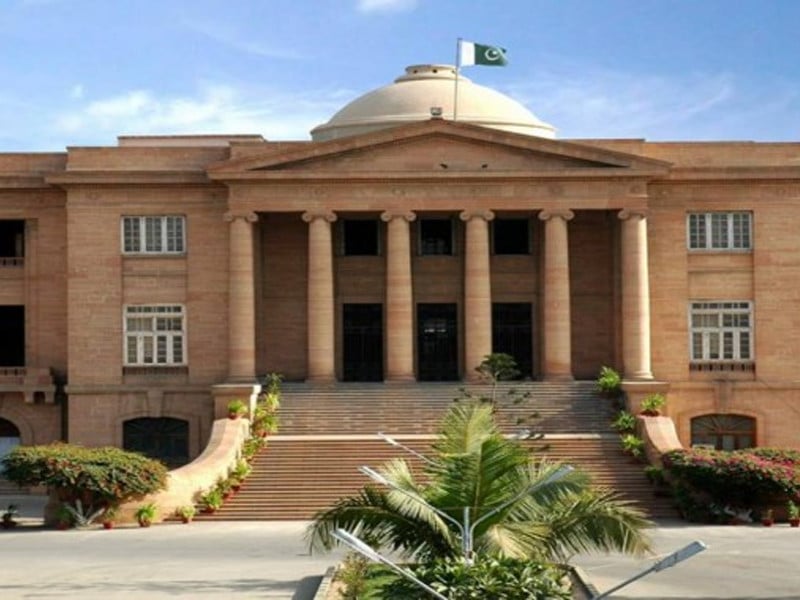The petition seeks to declare the ordinance ultra vires in light of multiple articles of the Constitution of Pakistan, asserting that the orders or actions taken under this ordinance violate fundamental rights

KARACHI: The Pakistan Tehreek-e-Insaf (PTI) has taken legal action by filing a petition in the Sindh High Court against the recently promulgated Practice and Procedure Ordinance, claiming it violates a Supreme Court ruling. The party argues that the ordinance contravenes constitutional principles and seeks its immediate suspension pending judicial review. In the petition, PTI asserts that the ordinance, which pertains to judicial practices, directly contradicts a ruling issued by a Supreme Court bench led by Chief Justice Qazi Faez Isa. The ruling stated that an ordinance may only be issued in cases of emergency, a condition PTI believes the current situation does not meet.
PTI has called on the court to annul the ordinance and halt its implementation until a final decision is rendered. PTI leader Haleem Adil Sheikh emphasized the importance of this challenge in a media address, stating, “We are here today to challenge the amendment being brought forward. The government is attempting to undermine the independence of the judiciary. We filed a similar petition against the Practice and Procedure Act in 2023, and we stood by the judiciary in 2007—this time is no different.” This legal challenge arises amid rising concerns over the judiciary’s increasing involvement in political matters and the government’s reliance on ordinances.
PTI has pledged to continue its efforts to protect the judiciary’s independence. Previously, the Practice and Procedure Amendment Ordinance, 2024, faced scrutiny in the Lahore High Court, where a petition was filed requesting the court to declare it unconstitutional. Petitioner Munir Ahmed, represented by advocate Azhar Siddique, argued that the ordinance was enacted without following the necessary legislative procedures. The petition seeks to declare the ordinance ultra vires in light of multiple articles of the Constitution of Pakistan, asserting that the orders or actions taken under this ordinance violate fundamental rights.
In his petition, Ahmed’s counsel implored the court to mandate that the respondents provide all requisite information under Article 19-A of the Constitution. He contended that the amendments lack justification and should therefore be immediately withdrawn. Federal Minister for Information, Broadcasting, National Heritage, and Culture, Attaullah Tarar, has outlined key provisions of the ordinance. Notably, the new regulations introduce a “first come, first served” principle in court proceedings, ensuring cases are heard in the order they are filed, thereby eliminating preferential treatment. Tarar emphasized that cases will be fixed according to their submission order.
#PTI, #SindhHighCourt, #PracticeAndProcedureOrdinance, #JudicialIndependence, #ConstitutionalRights, #LegalChallenge, #EmergencyOrdinance, #SupremeCourtRuling, #HaleemAdilSheikh, #Judiciary, #PoliticalInterference, #UltraVires, #FundamentalRights, #CourtProceedings, #LegalSystem, #PakistanPolitics



